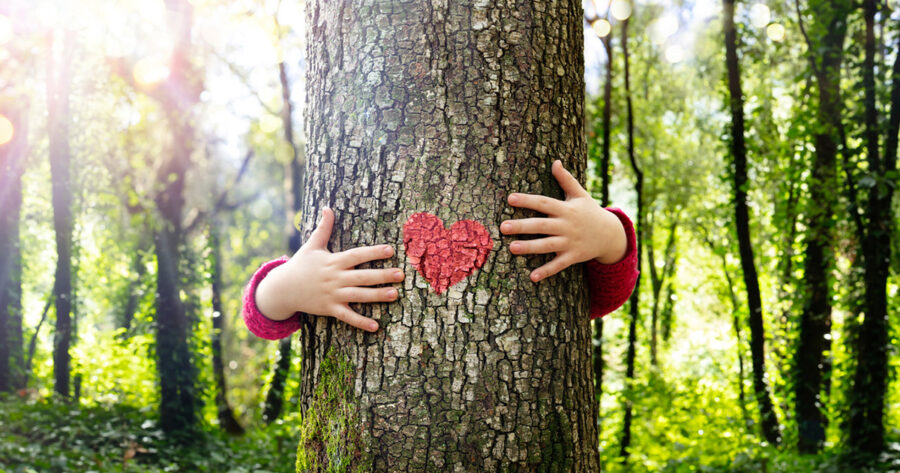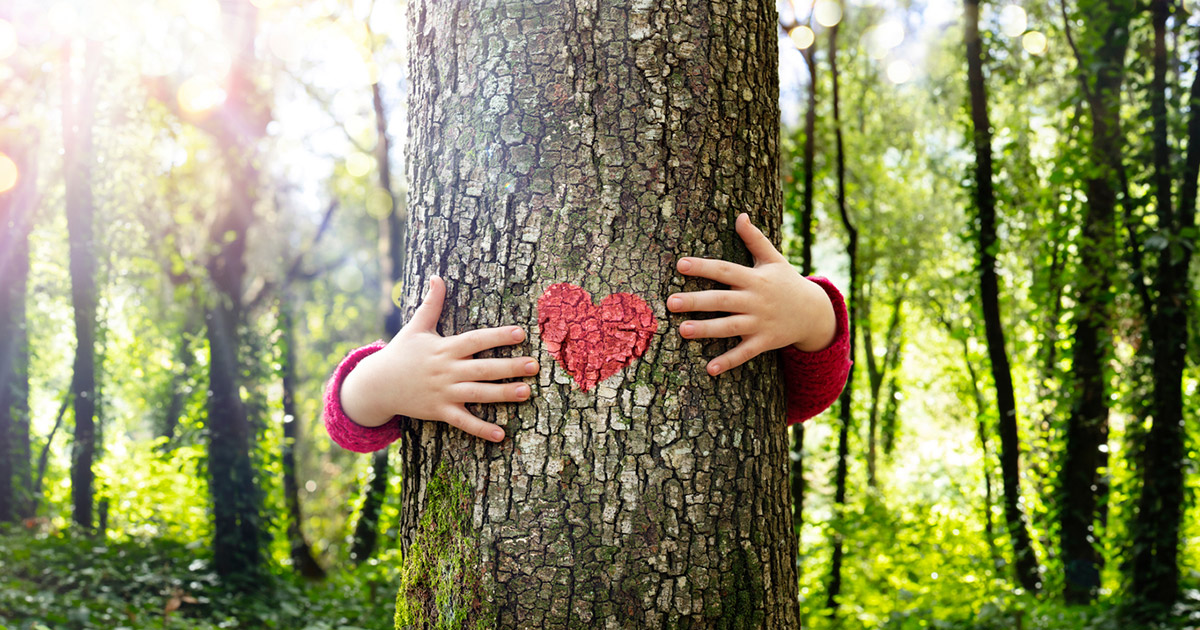
South Africa Adds 4 Tree Species to Protected Trees List
Four tree species have been added to the list of Protected Trees in South Africa. The four species added to the list are the Red and Pink Ivory (Berchemia zeyheri, an African hardwood that’s used for making billiard cues, knife handles and other products), the Jackal Berry (Diospyros mespiliformis), Manketti (Schinziophyton rautanenii) and the Umtiza […]

Four tree species have been added to the list of Protected Trees in South Africa.
The four species added to the list are the Red and Pink Ivory (Berchemia zeyheri, an African hardwood that’s used for making billiard cues, knife handles and other products), the Jackal Berry (Diospyros mespiliformis), Manketti (Schinziophyton rautanenii) and the Umtiza (Umtiza listeriana).

The four tree species were added by Forestry, Fisheries and Environment Minister, Barbara Creecy, in the latest annual update.
What does it mean if a species is protected in South Africa?
The consequence of declaring a tree, species of trees or a particular group of trees, or a particular woodland as protected in terms of the National Forests Act, means that no person may:
- Cut, disturb, damage or destroy any protected tree, or
- Possess, collect, remove, transport, export, purchase, sell, donate or in any other manner acquire or dispose of any protected tree, or any forest product derived from a protected tree,
Except –- Under a licence granted by the Minister, or
- In terms of an exemption from the provisions if approved by the Minister on the advice of the Council
A person who contravenes the prohibitions is considered to have committed a first category offence, and may be convicted and sentenced to three years imprisonment, or imprisonment and a fine to be determined by the court.
Department spokesperson, Albi Modise, warned that a person who contravenes the prohibitions is considered to have committed a first category offence, and “may be convicted and sentenced to three years imprisonment, or imprisonment and a fine to be determined by the court.” – SAnews.gov.za
